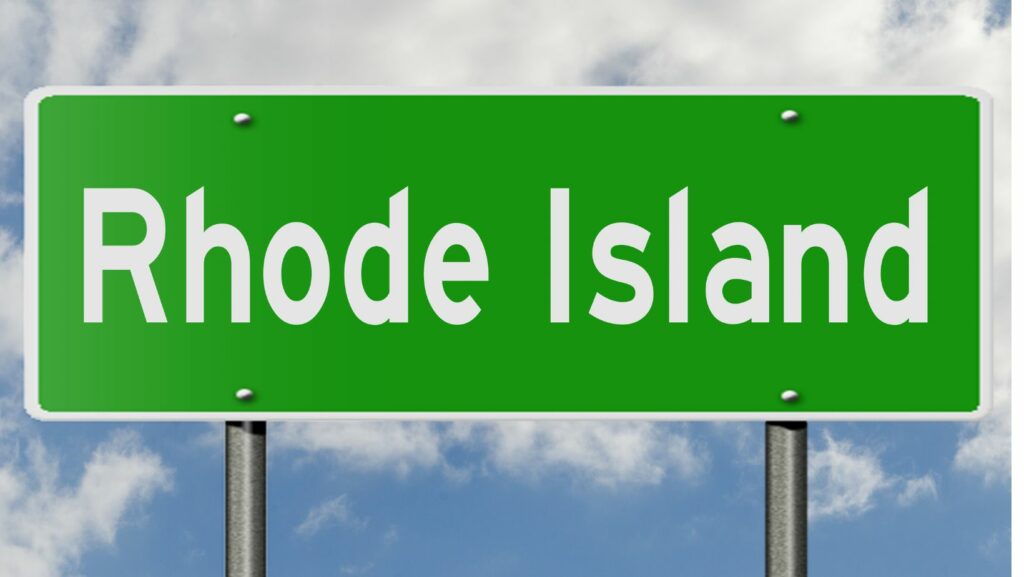Rhode Island may be the smallest state in the US, but it’s making big waves in the world of sports betting. Since legalizing sports wagering in 2018, Rhode Island has rapidly become a hub for enthusiasts eager to place their bets on everything from local teams to international events. With its strategic location in New England, the state offers an accessible and exciting option for bettors from neighboring areas.
The state’s sports betting landscape is not only about convenience but also about innovation. Rhode Island has embraced both in-person and online betting, providing a seamless experience for bettors. This dual approach caters to a diverse audience, from traditionalists who prefer the buzz of a casino to tech-savvy individuals who enjoy placing bets from their smartphones. As the industry continues to grow, Rhode Island remains at the forefront, offering a dynamic and engaging environment for sports betting aficionados.
Sports Betting Rhode Island
 Rhode Island has rapidly developed a robust framework for sports betting since its legalization in 2018. The state offers two main venues for in-person betting: Twin River Casino in Lincoln and Tiverton Casino Hotel.
Rhode Island has rapidly developed a robust framework for sports betting since its legalization in 2018. The state offers two main venues for in-person betting: Twin River Casino in Lincoln and Tiverton Casino Hotel.
These locations attract visitors with a diverse range of betting options and a lively atmosphere. For those who prefer online wagering, the state provides a mobile app, Sportsbook Rhode Island. Users can place bets on various sports, including football, basketball, and baseball, enhancing the flexibility and reach of betting activities. Registration for the app requires an in-person visit to verify age and identity, ensuring compliance with state regulations.
Rhode Island’s strategic location allows it to draw bettors from neighboring states without legalized sports betting. The state’s proximity to major cities like Boston contributes to its growing popularity. Authority over sports betting operations resides with the Rhode Island Lottery, ensuring fairness and transparency in the industry. Tax revenue from sports betting supports public projects, reinforcing economic benefits for the state.
In fiscal year 2022, the revenue exceeded $25 million, demonstrating sports betting’s positive impact on the state economy. This success encourages further development and innovation in Rhode Island’s sports betting landscape.
Legal Framework
Rhode Island legalized sports betting in 2018, setting the foundation for its growing industry. The state’s regulatory environment ensures secure and responsible betting practices. In June 2018, Rhode Island approved sports betting after the US Supreme Court lifted the federal ban. The Rhode Island Lottery was designated as the regulator, overseeing sports betting activities.
environment ensures secure and responsible betting practices. In June 2018, Rhode Island approved sports betting after the US Supreme Court lifted the federal ban. The Rhode Island Lottery was designated as the regulator, overseeing sports betting activities.
By November 2018, Twin River Casino in Lincoln and Tiverton Casino Hotel launched in-person wagering options. The state extended its offerings with the rollout of online sports betting in March 2019 via the Sportsbook Rhode Island app, making it accessible to a broader audience. Sports betting in Rhode Island operates under strict regulations managed by the Rhode Island Lottery.
Bettors must be at least 18 years old and complete in-person registration at a casino to access the online platform. The state taxes sports betting revenue at 51%, a rate benefiting public projects and reflecting its commitment to maximizing economic impact.
Challenges And Concerns
 While Rhode Island’s sports betting industry thrives, it faces challenges such as maintaining regulatory compliance and addressing problem gambling. The requirement for in-person registration can deter potential online bettors, limiting growth.
While Rhode Island’s sports betting industry thrives, it faces challenges such as maintaining regulatory compliance and addressing problem gambling. The requirement for in-person registration can deter potential online bettors, limiting growth.
Additionally, competition from neighboring states considering legalizing sports betting might impact Rhode Island’s market share. Ensuring robust geolocation technology is crucial to prevent illegal betting across state lines. The state must balance maximizing revenue with responsible gambling initiatives to sustain long-term success.
Despite these challenges, Rhode Island’s strategic approach and adaptability position it well for continued growth in the sports betting arena. The state’s sports betting industry generated over $25 million in revenue in the fiscal year 2022. Rhode Island imposes a 51% tax on sports betting revenue, earmarking these funds for public projects. This revenue sustains various state initiatives, demonstrating the financial benefits of regulated sports wagering.
The strategic implementation of both in-person and online betting platforms facilitates revenue growth by attracting a diverse audience. The expansion of sports betting options caters to varied preferences, thus enhancing the state’s competitive edge in the industry.

